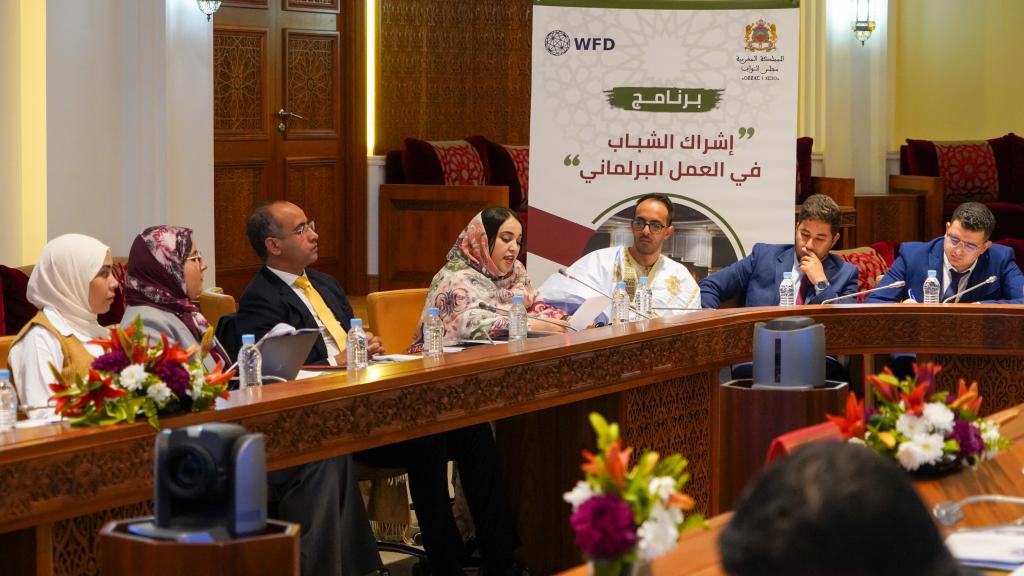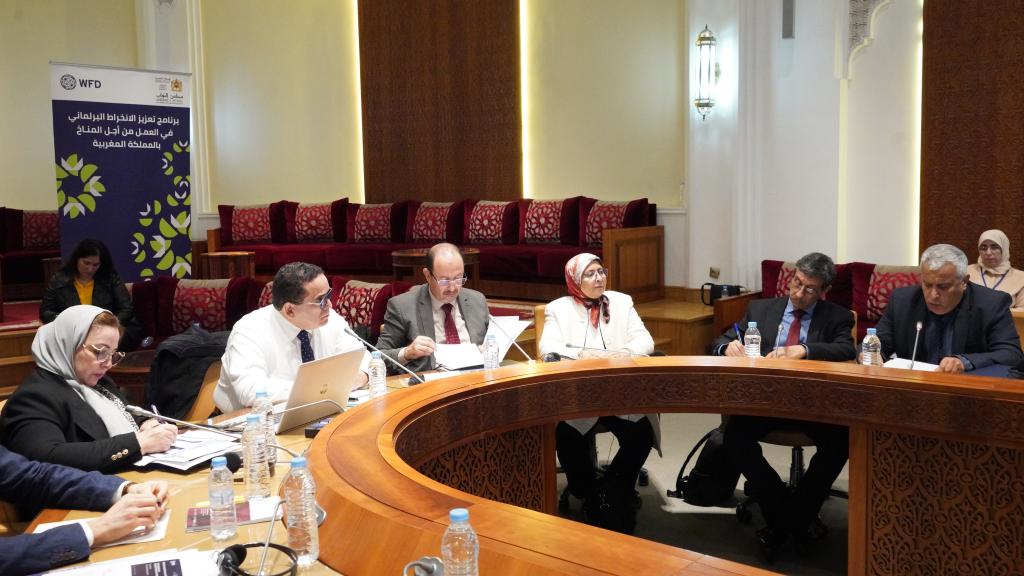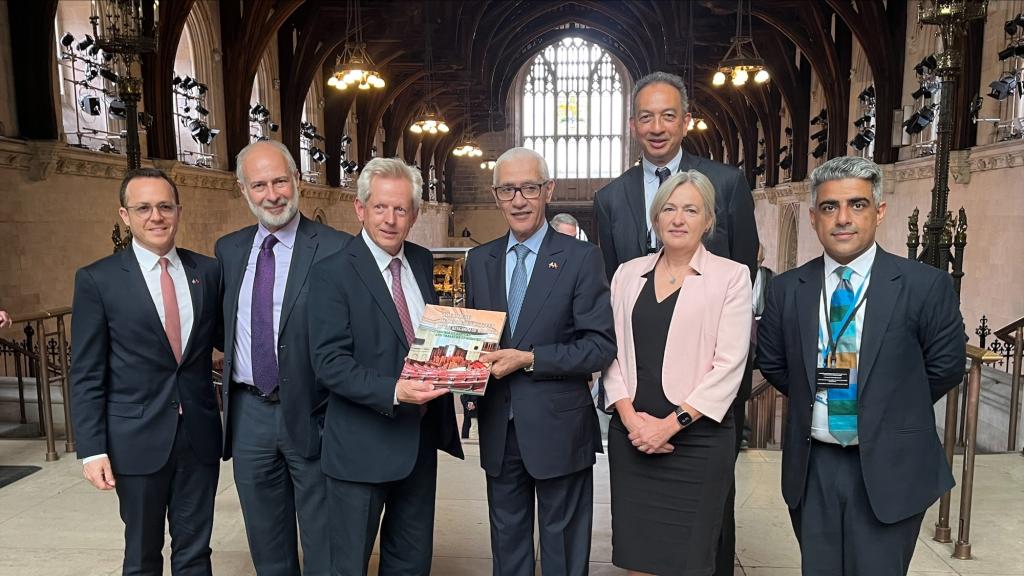Scoping the progress of advancing women’s political leadership in Morocco
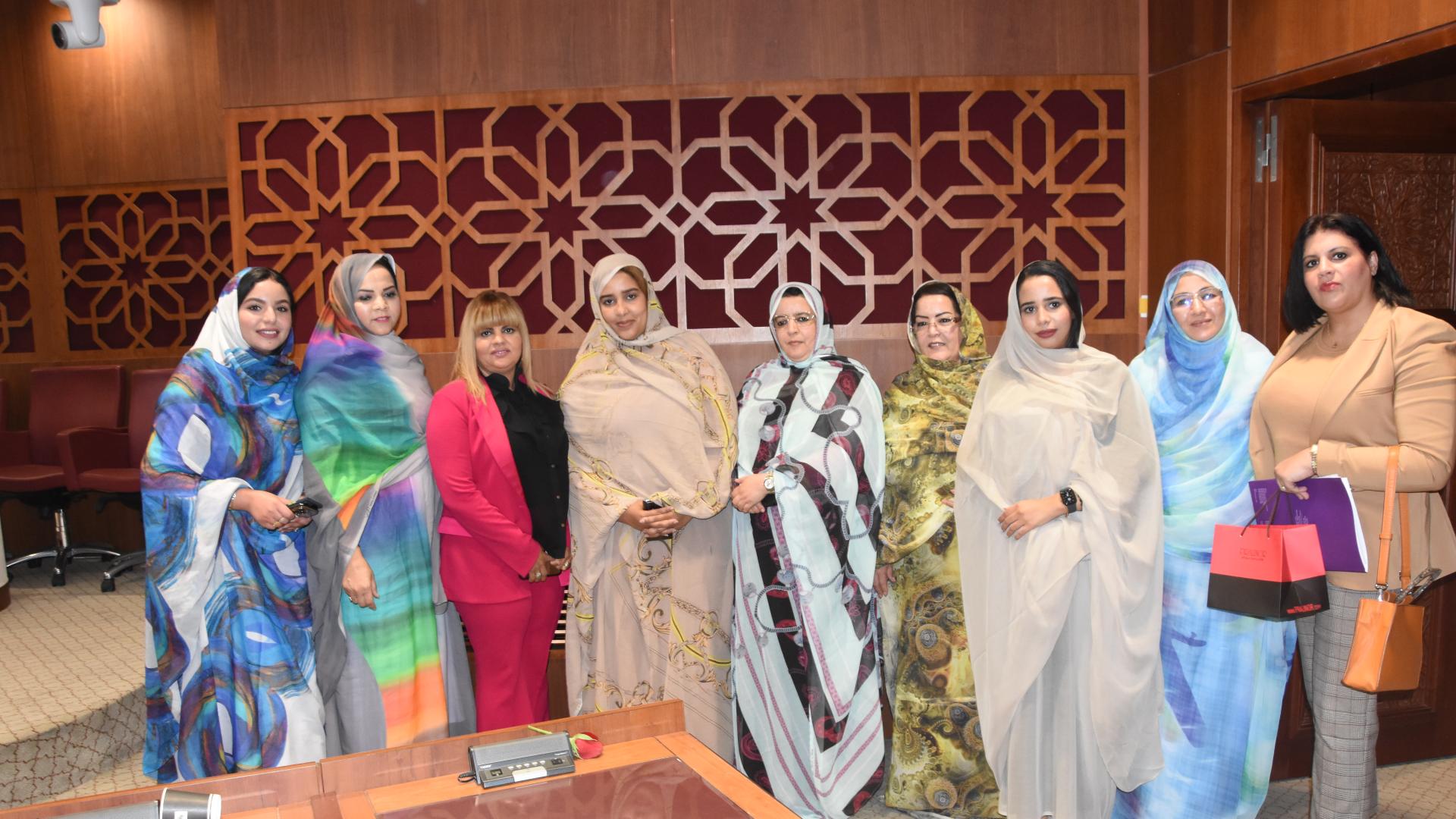
The September 2021 elections in Morocco saw 96 women parliamentarians elected to the House of Representatives. Although this represents just 24.3% of the 395 members, it is an increase from the 81 women Members of Parliament (MPs) elected in the 2016 elections. The adoption of the quota system since 2002, among other reforms, has played a crucial role in promoting the inclusion of women in Moroccan politics. But that does not mean that all challenges have been addressed.
Women's voices in political affairs in Morocco are still under-represented and even when elected, parliamentary practices are structured in a way that prevents women MPs from gaining influence. The gender quota allows successful candidates to run for elections through this mechanism, but for only one term. Parliamentary communications and outreach, on the other hand, generally focus on plenary sessions, where male MPs are much more visible. This overshadows the in-depth and detailed work undertaken by committees and working groups where women have more opportunities and are more active.
In partnership with the Moroccan Parliament, WFD was able to support the strengthening of women’s voices, participation, effective influence, and recognised role in decision making within parliament. These were achieved through several strategic engagements.
1. Training on women’s political leadership
A two-day workshop was conducted using a toolkit called ABLE that women parliamentarians can use to strengthen their voice and enhance their impact. The basic logic of the toolkit, designed by Dr Susan Dodsworth and Prof. Nic Cheeseman, is that even a relatively small number of women in parliament can be highly effective.
The toolkit proposes four strategies to achieve this efficiency:
- Alliances – Forming strategic alliances with male MPs.
- Bridge – Acting as bridge to civil society to promote women's groups within parliament.
- Lobby – Lobbying party leaders to have an effect internally on party policy.
- Educate – Improving the information and knowledge of other MPs.
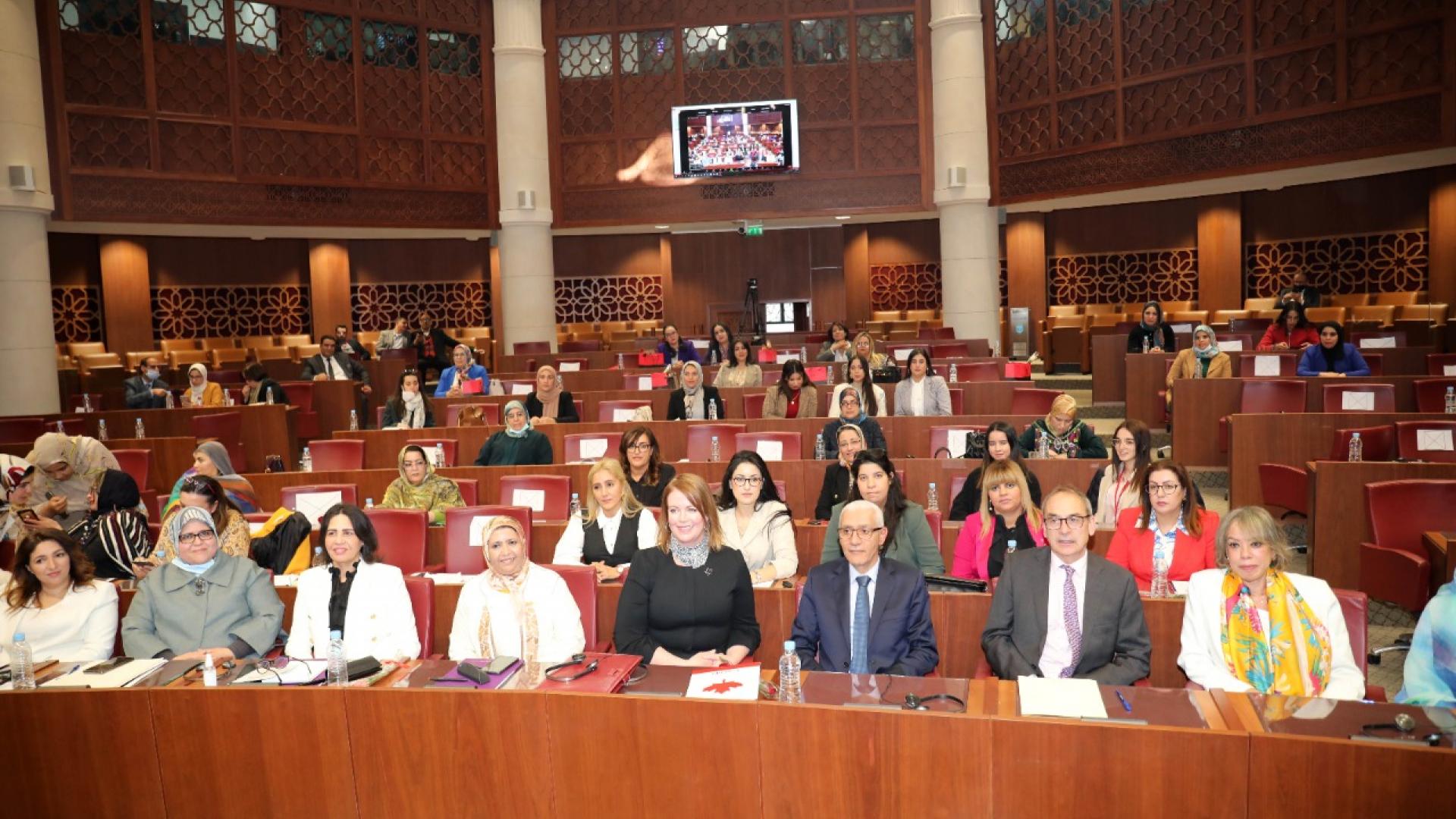
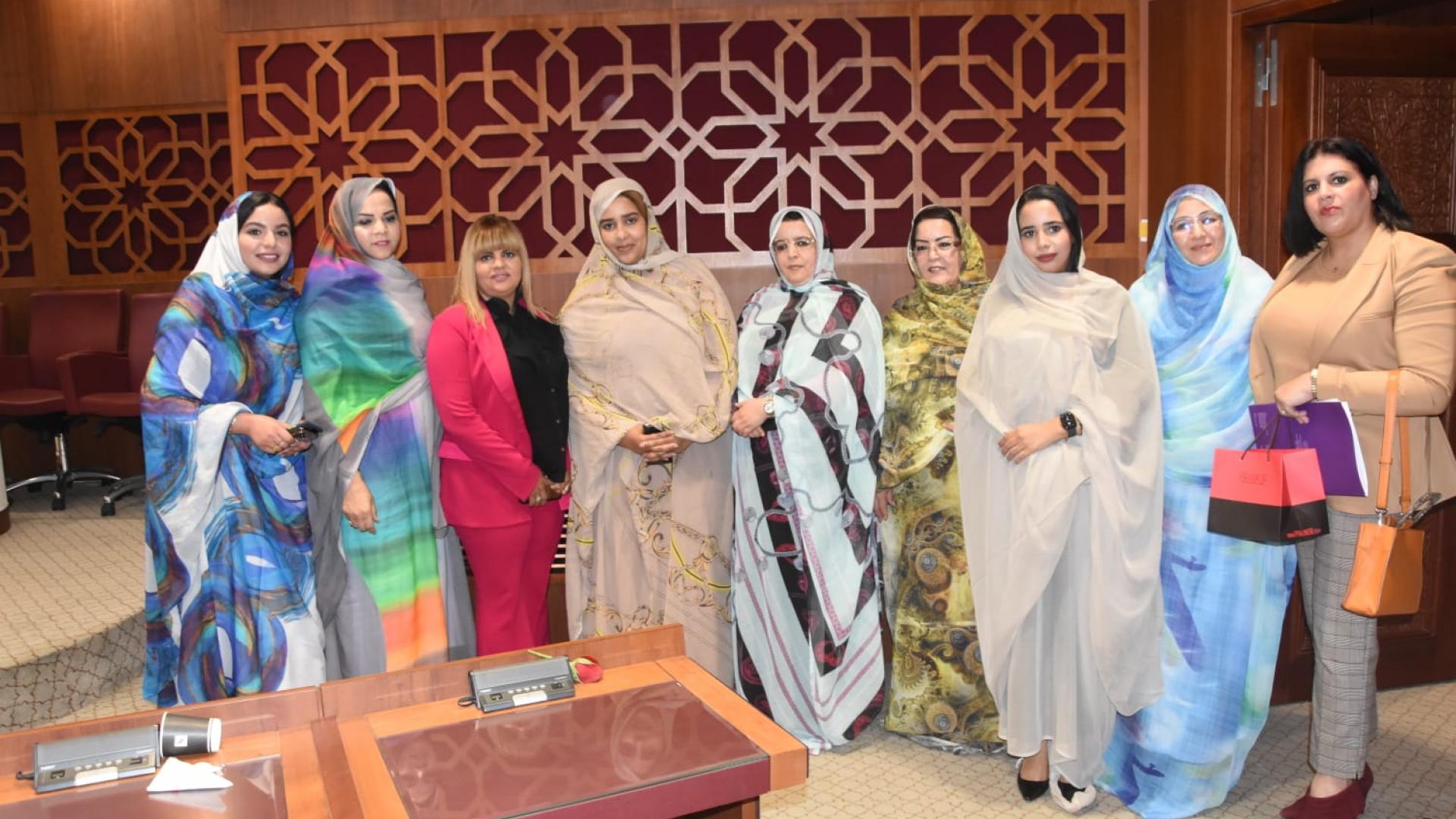
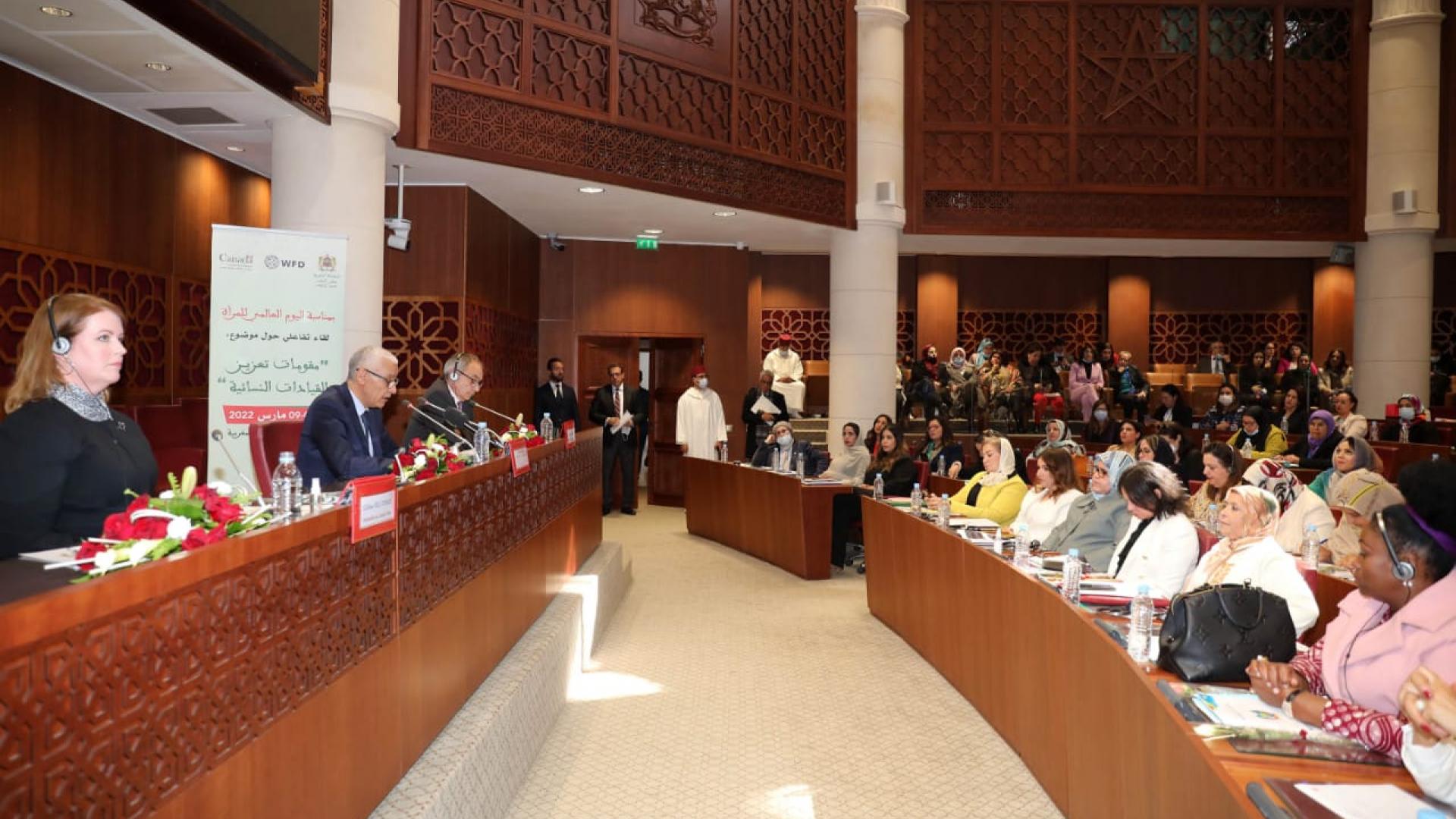
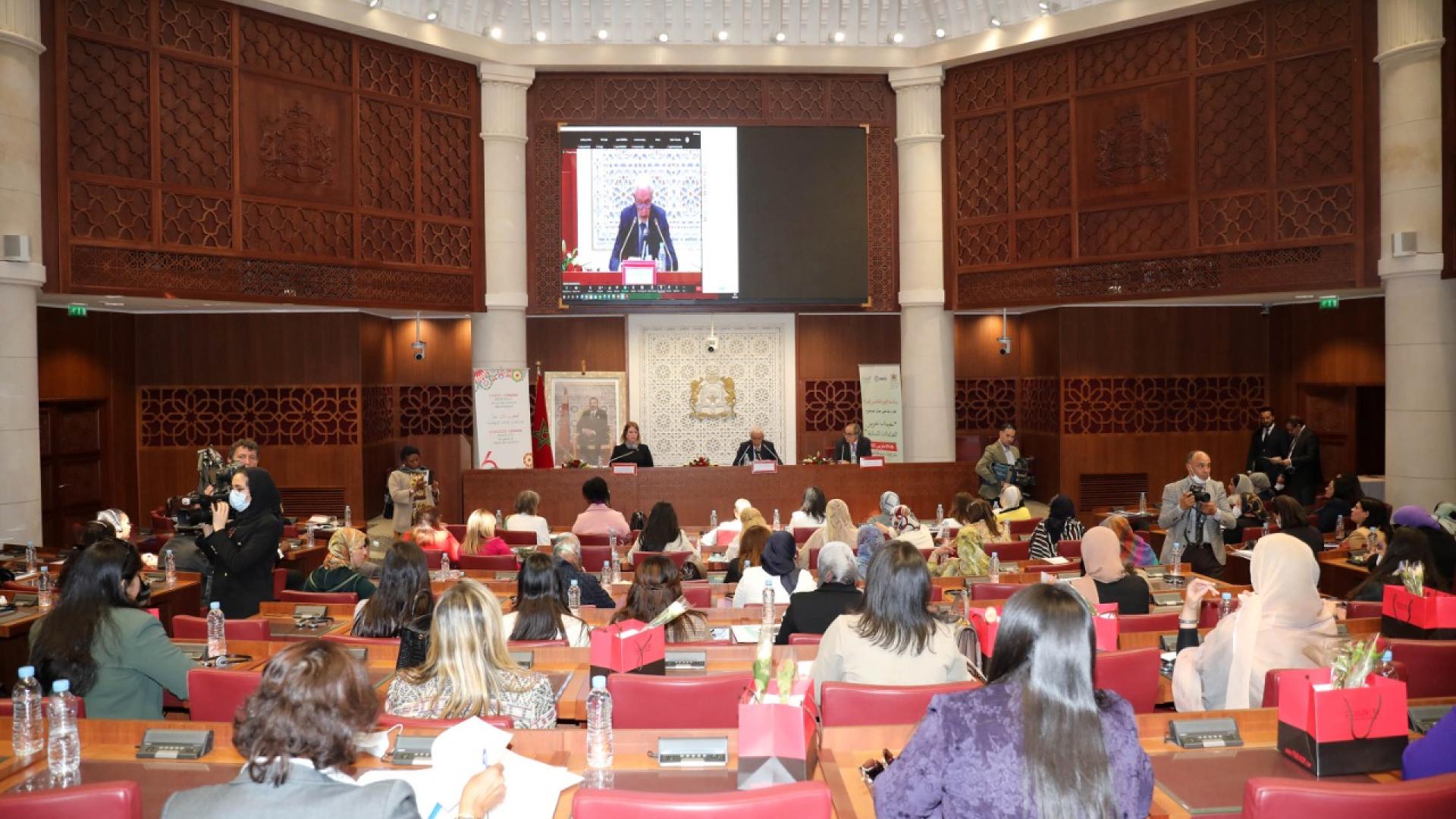
With most of the women MPs having been newly elected at the time, they requested WFD’s support in providing them with technical information and trainings in media communications. This is in addition to other thematic areas that would help them fulfil their roles and gain visibility inside and outside Parliament.
2. Media training for women parliamentarians
Communication is an important aspect of leadership. It allows leaders to effectively articulate their vision, inspire others, and achieve their goals. WFD organized a training workshop for women MPs on communication skills as a follow-up to their request. The training helped the women leaders to build the skills and knowledge to increase their visibility, communicate more effectively, and build their profiles.
The training further brought the women MPs closer to the world of media and related practices. This was achieved by introducing them to, among other things, radio and TV journalism techniques and interviewing techniques.
After the training, the participating women MPs reported that they felt more confident in engaging journalists and the media in general. Hon. Meryem Ouhssata, a woman MP who participated in the training, stated:
“This training is very practical as it offered us as women MPs with practical skills on how to conduct communication-related activities within the parliament and with journalists.”
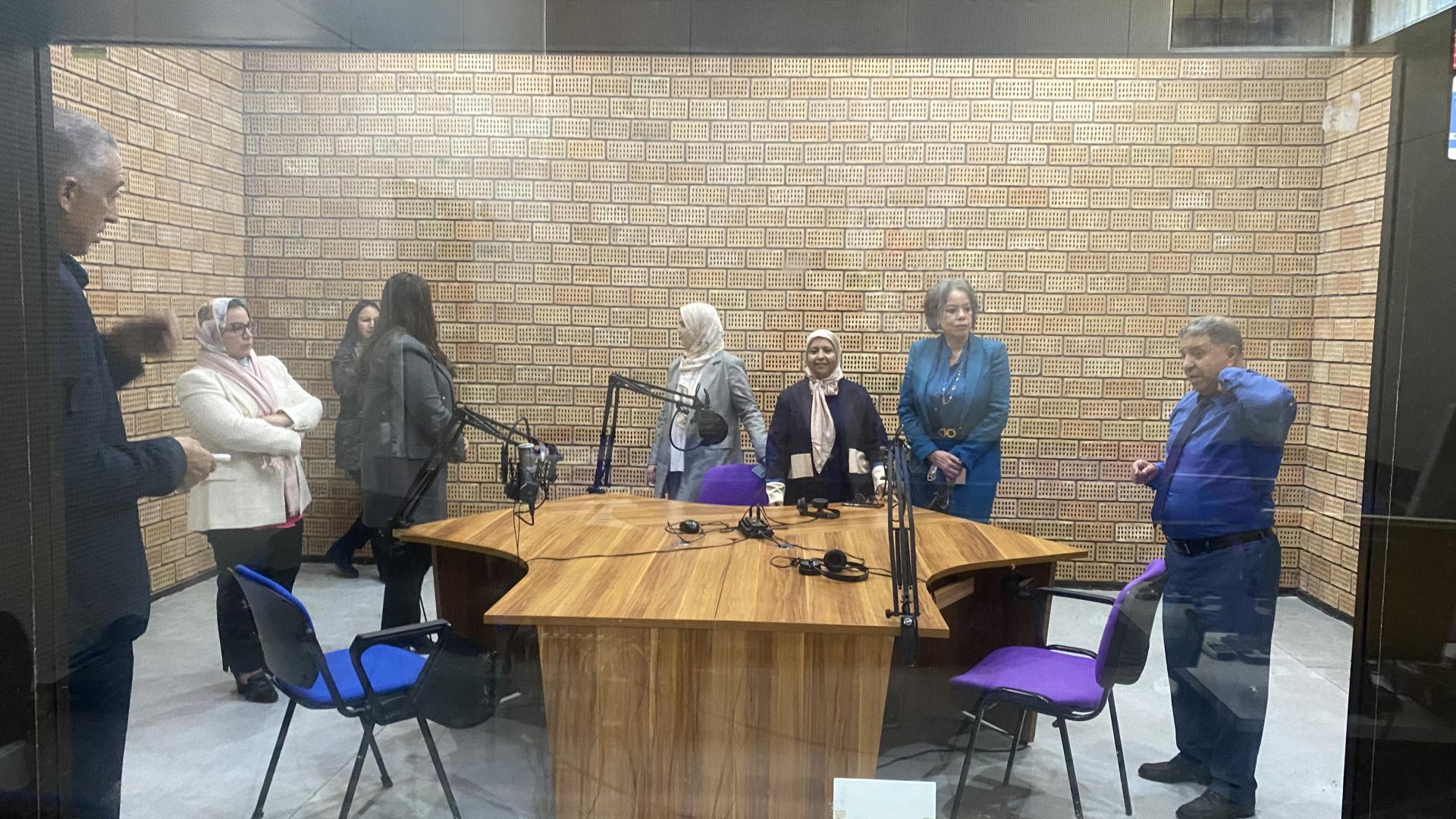

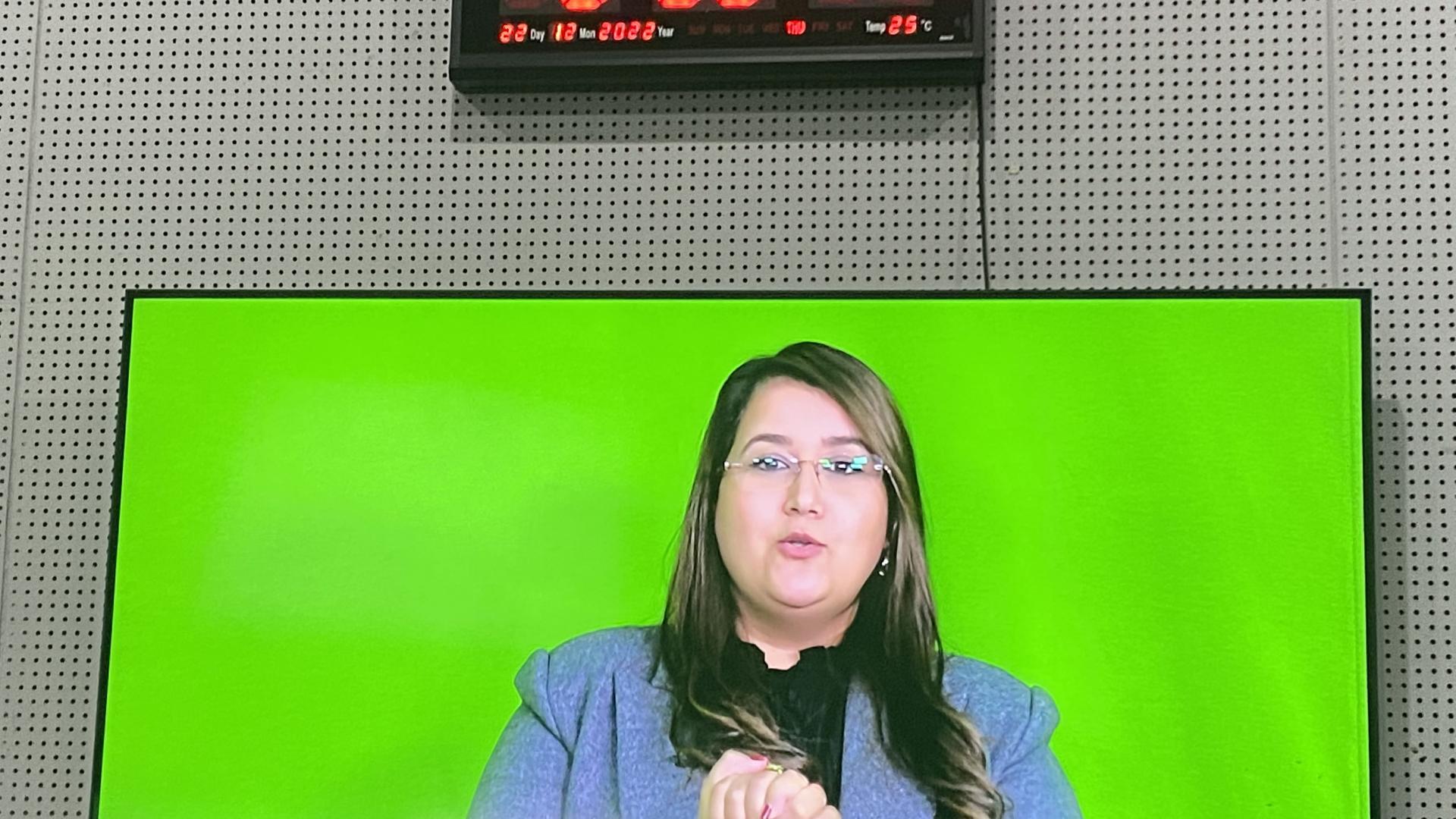

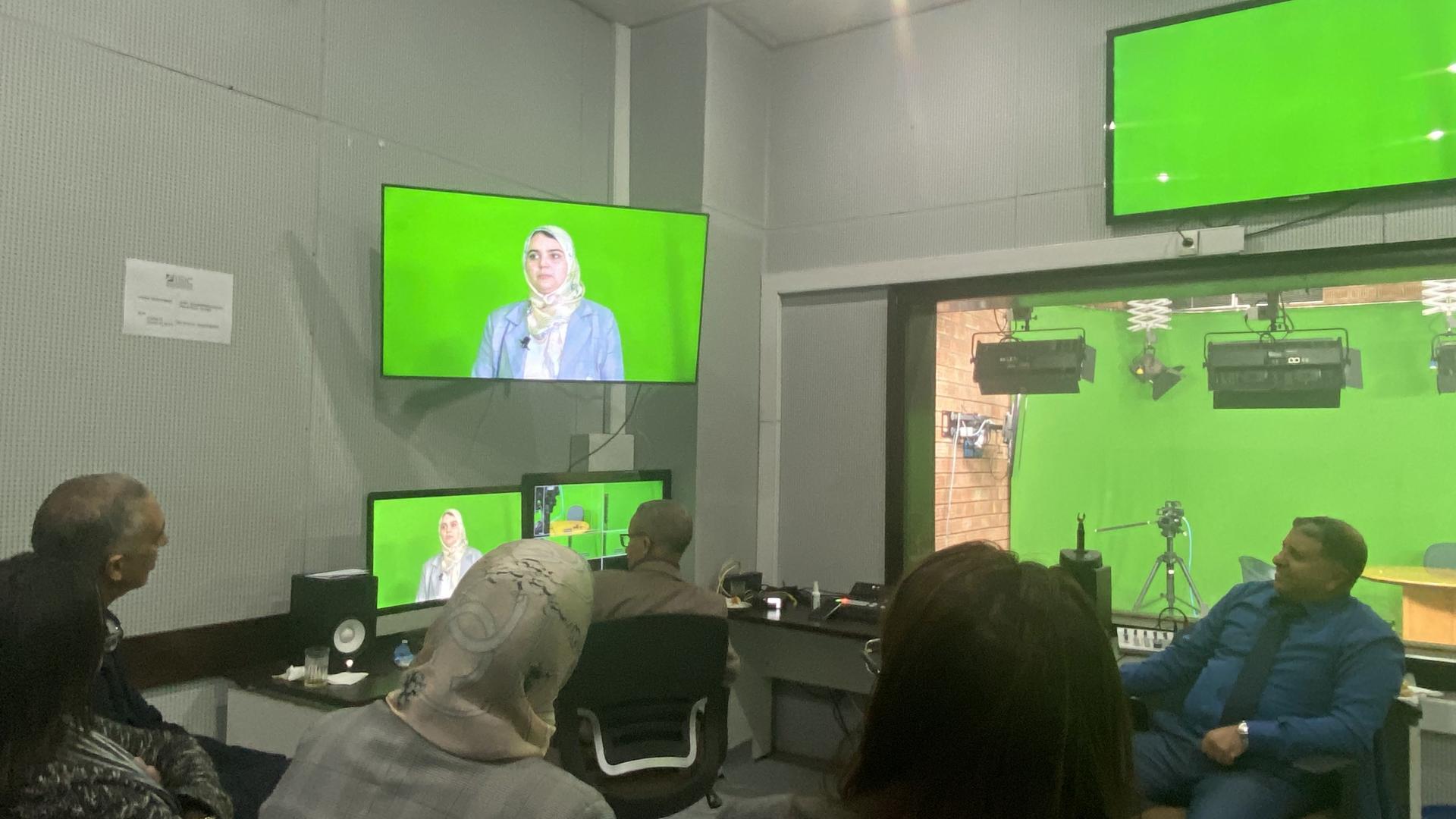
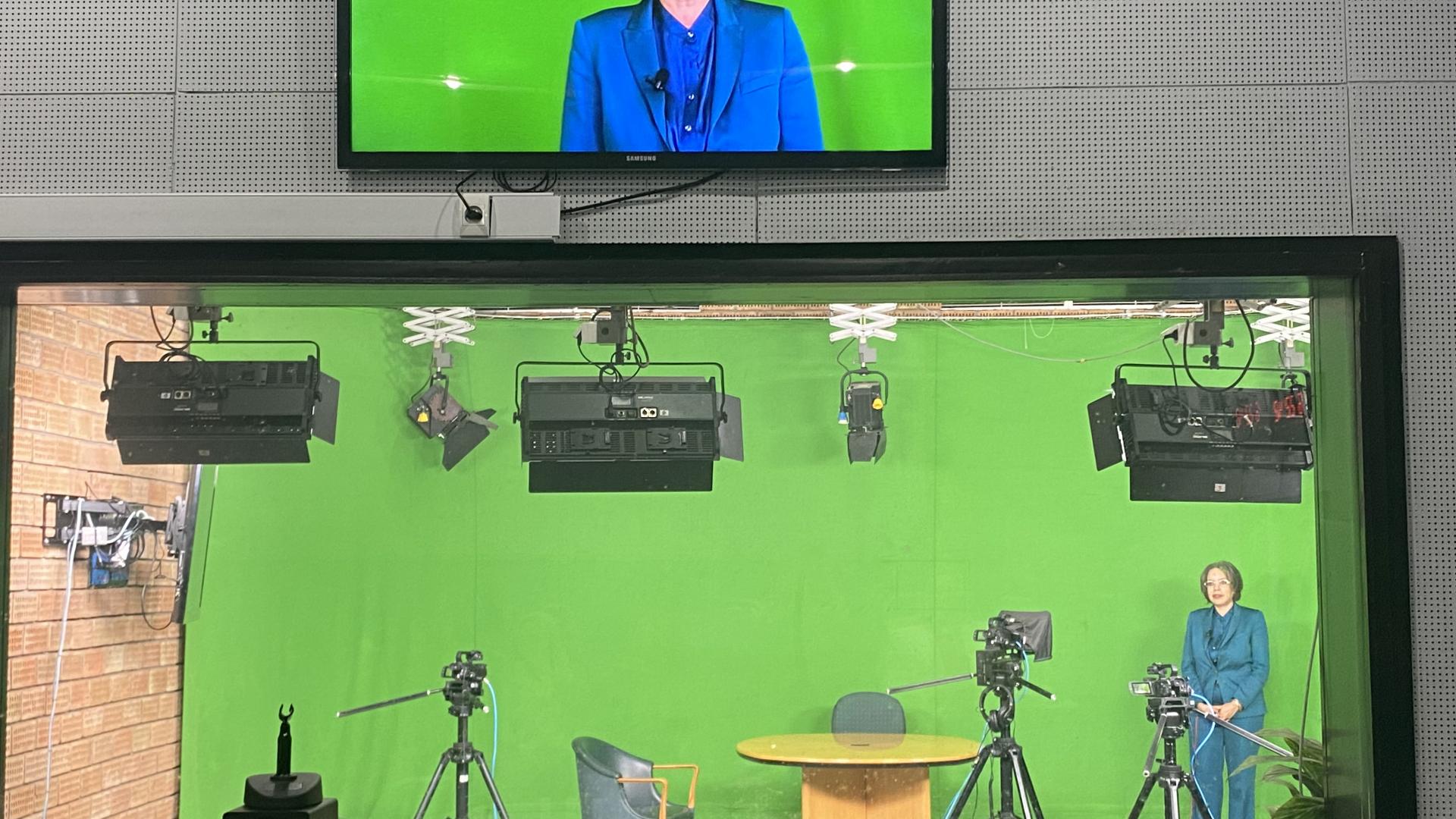
3. Supporting the Public Finance Control Committee in developing its work plan and communication strategy
The Committee of Control of Public Finances (CCPF) in the Moroccan Parliament oversees the proper management of public finances. This important role promotes transparency and accountability in the management of public expenditure in Morocco. Through various engagements with the committee’s chair, Hon. Latifa Lablih, WFD was able to support the committee to develop its 2022-23 work plan as well as communication strategy. The workplan is helping the committee achieve its objectives by serving as a roadmap for one full year. The communications strategy on the other hand is helping the committee in effectively communicating within the parliamentary bodies and generally with the public. WFD will continue to engage the CCPF chair to assess the extent the committee has been implementing both products.
This programme contributed to WFD’s objectives on inclusion, specifically women’s political leadership. It also built on the strong relationship between the Parliament of Morocco and WFD, which has been active since 2011. WFD is keen on strengthening this relationship and continuing to prioritise women’s political leadership in Morocco.
